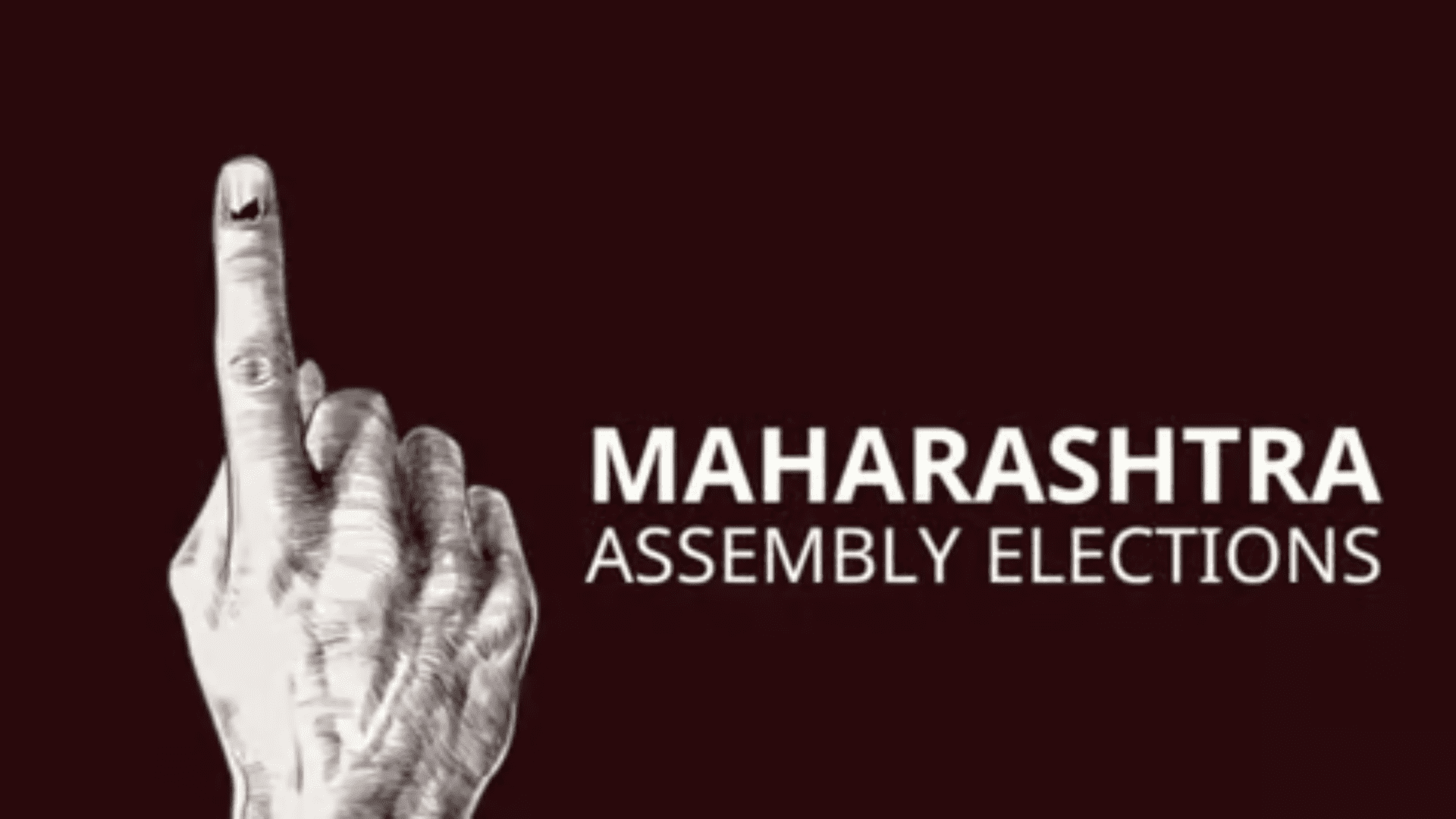With the Maharashtra assembly elections on the horizon, key agricultural products like onion, soybean, cotton, and sugarcane have transformed from mere crops into pivotal political tools. In rural regions, these commodities are not only essential for sustenance but also central to election campaigns that significantly sway voter opinions.
The recent Lok Sabha elections saw the ruling BJP alliance facing intense criticism from onion farmers who suffered due to unfavourable export policies imposed by the central government. This discontent has persisted into the assembly elections, despite farmers experiencing slightly better prices than before. Akash Doke, an onion farmer from Chhatrapati Sambhajinagar, expressed frustration, stating, “We spend almost ₹60,000-75,000 per acre on onion cultivation but often fail to recover our production costs due to inconsistent government policies.” Farmers are advocating for the creation of an onion-specific corporation to protect their interests—a demand that remains unmet. The influence of onion farmers is substantial, affecting at least 55 assembly constituencies and highlighting their political importance.
Soybean and Cotton Discontent
Soybean prices have emerged as another contentious issue in the Marathwada region. Both Prime Minister Narendra Modi and Opposition Leader Rahul Gandhi have addressed soybean concerns in their campaign speeches. However, agricultural researcher Sominath Gholwe argues that these discussions only skim the surface of deeper issues. He notes that soybean has become a “political crop,” with policies often favouring industrial and trading interests over those of farmers.
Cotton farmers in Vidarbha are grappling with severe challenges as well, with reports of farmer suicides underscoring a dire socio-economic situation. Maharashtra ranks as India’s second-largest cotton producer, encompassing over 4 million farmers. Congress State President Nana Patole highlighted the plight of cotton farmers burdened by low prices and high taxes on agricultural equipment. Unseasonal rains have devastated 19 lakh hectares of cotton crops this year and promised compensation from the central government has yet to materialise.
Sugarcane: A Political Stronghold
Sugarcane has historically been a cornerstone of political power in western Maharashtra’s sugar belt but is now expanding into drought-prone areas like Marathwada and parts of Vidarbha. Local politicians are establishing sugar mills in these regions, which serve as critical power centres enabling control over vital institutions like district banks and irrigation systems. Consequently, many candidates in these areas are sugar barons consolidating their influence.
As these crops dominate political discussions, their intertwined economic and political implications reveal the complex dynamics confronting rural Maharashtra in this electoral season. The ruling BJP alliance faces significant challenges in addressing inflation while managing agrarian distress as farmers seek immediate relief from ongoing economic hardships.

